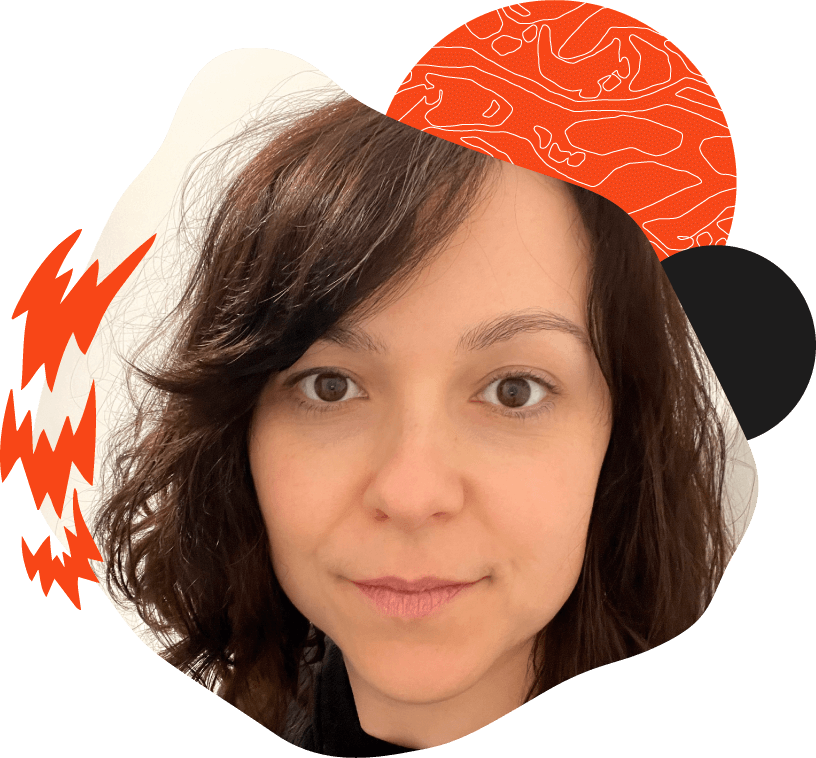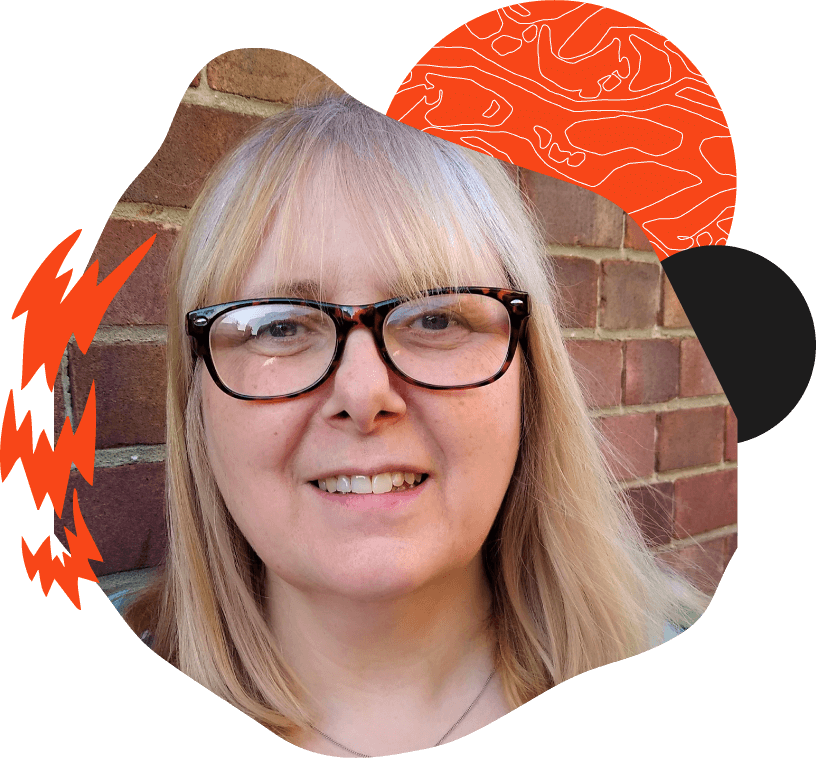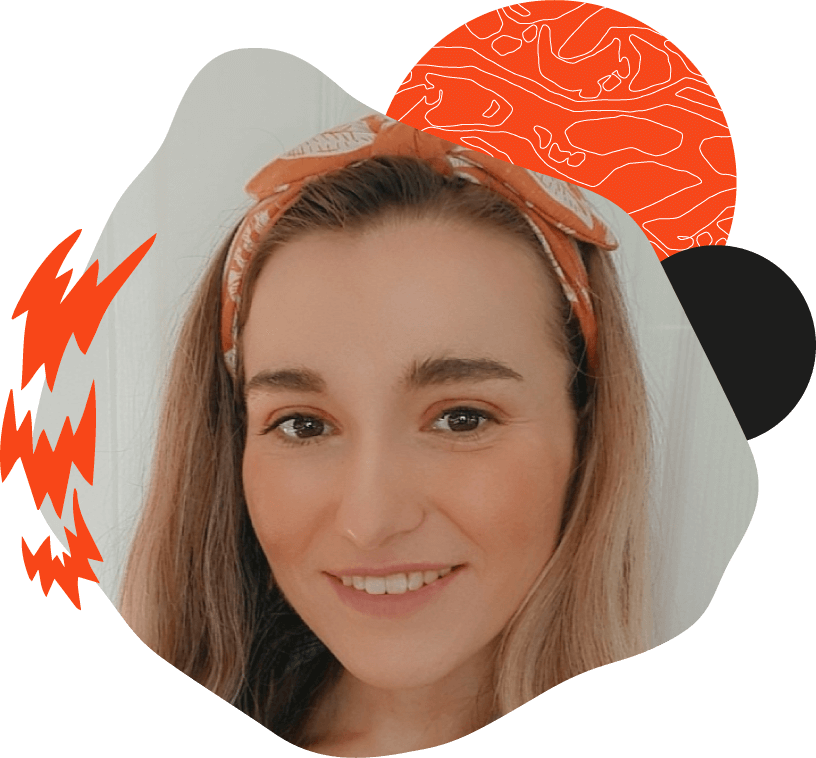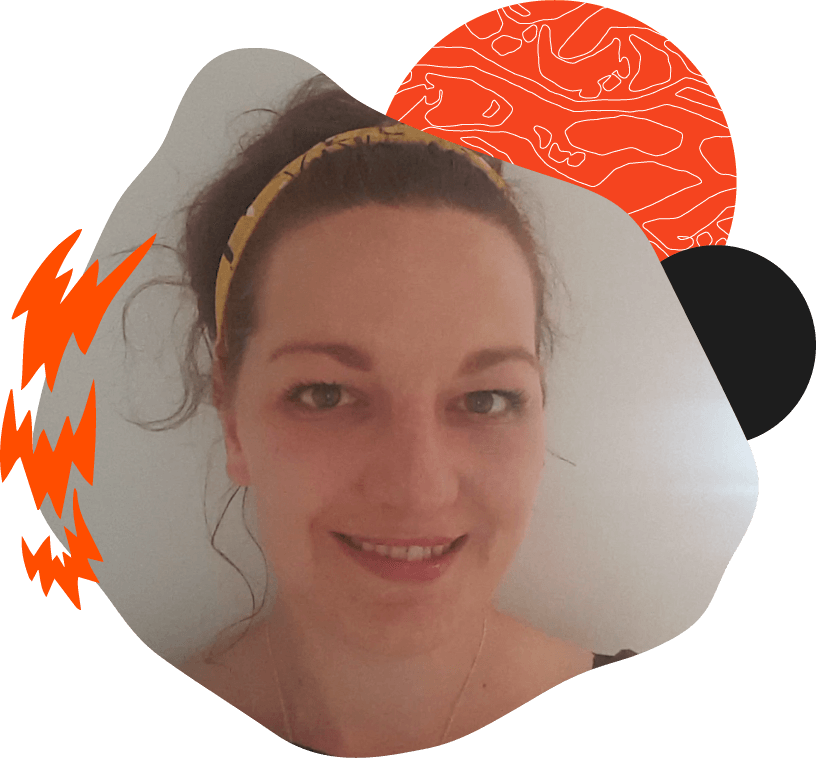What you will learn
-
Unit 1 - An Introduction to Mindfulness
The first unit introduces the concept of mindfulness: its origins and history, what it is, what it does, and how it can help people. You’ll look at how the mind and body are connected and how the brain is affected by positive psychology.
-
Unit 2 - Mindfulness Techniques
In the second unit, you’ll take a look at some of the most popular and effective mindfulness exercises, such as the ‘raisin exercise’, the ‘body scan’, mindful seeing, mindful listening, and more. You’ll also get a quick introduction to dialectical behavioural therapy (DBT).
-
Unit 3 - Mindfulness and Mental Health
In this unit we explore levels of consciousness; the conscious mind, our subconscious mind, and our unconscious mind. You’ll study the cycle of thoughts, emotions, and behaviours, and how they interact with one another. You’ll also take a brief look at psychological triggers.
-
Unit 4 - Setting Up a Business - Mindfulness and Leadership
Mindful leadership offers a range of tools to the business world to help managers become more effective, productive, self-aware, and all-round better leaders in their workplace, and in this unit, you’ll take a brief look at how.
-
Unit 5 - Mindfulness based CBT for stress management
Whether or not an individual feels stress is all down to their thinking or perception of events, and clients can learn how avoid it by managing their own thoughts and feelings more effectively. In unit five, you’ll look at the ABC model, the ‘sorting boxes’ technique, as well as other exercises to alleviate feelings of stress and anger.
With a heritage stretching back over 150 years, NCFE is one of the largest awarding bodies in the UK. Over 340,000 students were awarded certification by NCFE last year.
ACCPH is an independent, self-regulated UK professional body for qualified counsellors, coaches, psychotherapists and hypnotherapists. They serve people with nationally recognised qualifications from home study or distance learning students. Accepting members from all six modalities, including those ‘non-standard’ techniques such as Spiritual Coaching and Neuroscience amongst other approaches.
Course Outcome
At the end of this mindfulness course, successful learners will be awarded a formal certificate of achievement and a Customised Qualification from NCFE.
How is this course assessed or examined?
Throughout this course on mindfulness, you may be expected to complete assignments, essays, research projects, presentations, video/audio recordings, and practical learning sessions to meet the requirements of your course. This information will be included in your study pack detailing exactly what you need to do to accomplish your goals as a student.
Entry requirements
There are no formal entry requirements for this course, however, it is recommended that you have an intermediate ability to read and write English





